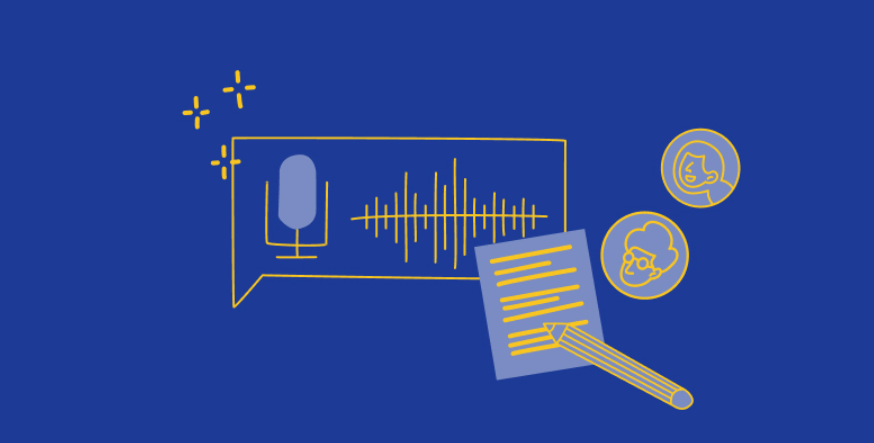What Is Vocal AI? Complete Guide for Beginners
As we navigate through modern society, it’s evident that artificial intelligence (AI) is more than just a fashionable term; it is reshaping our workflows, how we communicate, and even our creative engagements. One of the most promising applications of AI is Vocals AI.
In the modern and different types of voices, AI is used to enhance its ability. These help us to recognize multiple sectors, including education, customer relations, and entertainment.
In this article, we will discuss the Vocal AI from start to end to clarify it. So, it’s a great option to get an introduction. Be connected and read on!
What Is Vocal AI?
It applies to AI technologies developed to identify, process, and create human voices, and even mimic them. It is AI specifically programmed to “speak” and “sing.” Some AI-driven systems can interpret voice commands, and some can generate speech (speech synthesis).
It has adjusted a lot of technology options, including:
– Voice Cloning
– Text-to-Speech (TTS)
– Machine Learning (ML)
See also: How New Techniques Are Changing Spine Surgery Outcomes
How Does Vocal AI Work?
It works through a step-by-step process:
- Voice Input (Speech Recognition): The AI “hears” through a microphone or a recording.
- Processing: As per different sectors, AI systems underlying concepts utilize algorithms including speech, words, and phonemes.
- Understanding: It uses NLP, which stands for natural language processing, to enhance the information.
- Voice Output (Speech Synthesis): The response of the system totally depends on the human-like voice and some other instances.
Common Uses of Vocals AI
It is used in many ways, but here are some of these:
Digital Personal Assistants
Apps like Siri, Google Assistant, and Alexa make use of AI technologies to interact, respond to user inquiries, and even perform user-centric tasks.
Cloning of Voices as well as in the Performing Arts
AI technology is capable of cloning and generating new voices capable of singing for such activities as movie and video game productions.
AI in Voice Customer Service
Organizations have employed AI voice solutions for customer support in answering questions as a way of increasing service speed and quality.
Assisting Technologies
For the visually impaired and disabled, AI technology is useful in reading information and enabling interaction with technology and devices.
AI for assisting with pronunciation
For conversational practice, AI voice tools are used in applications for engaging with learners.
Benefits of Vocal AI
Convenience simplifies tasks, ensuring more efficiency during the completion of activities.
- AI voice-over services: the technology has enhanced automation by enabling voice-overs to be tailored to the tone, style, or even emotions.
- Disabilities: aiding the interacting with technologies by people with impairment.
- Absence of human voice singers: Musicians and creators can produce songs or voices that are unique.
- Elimination of human actors: AI voice generation assists in the completion of voice actor projects at a lower expenditure.
Final Thoughts
Vocal AI is a technique that helps different platforms to communicate, create, and learning. In the past, only physical mentors were available, which were not enough for learning. But with the passage of time, new AI evolves that change the overall scenario. From an overall learning perspective, it is best. By using violin AI, you can get feedback to improve your performance. It is available for listening, human-like speaking, and comprehension.






